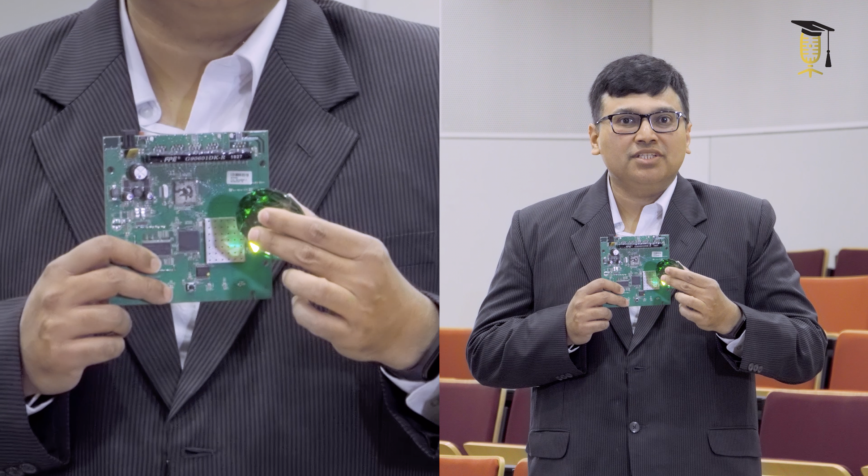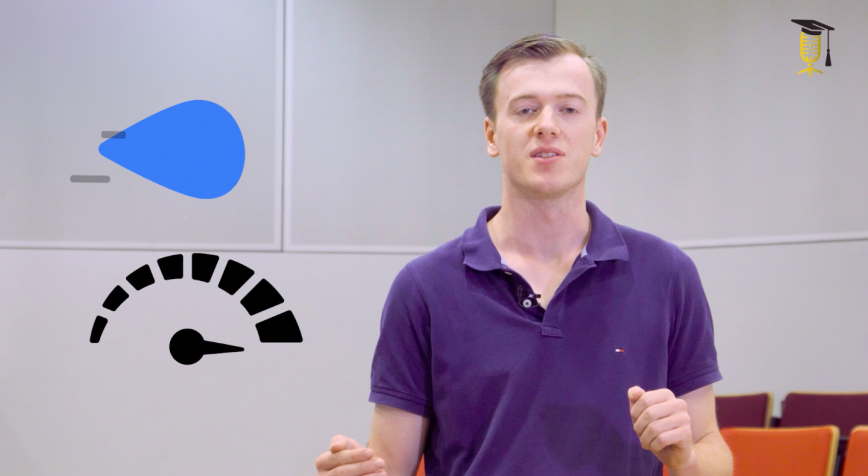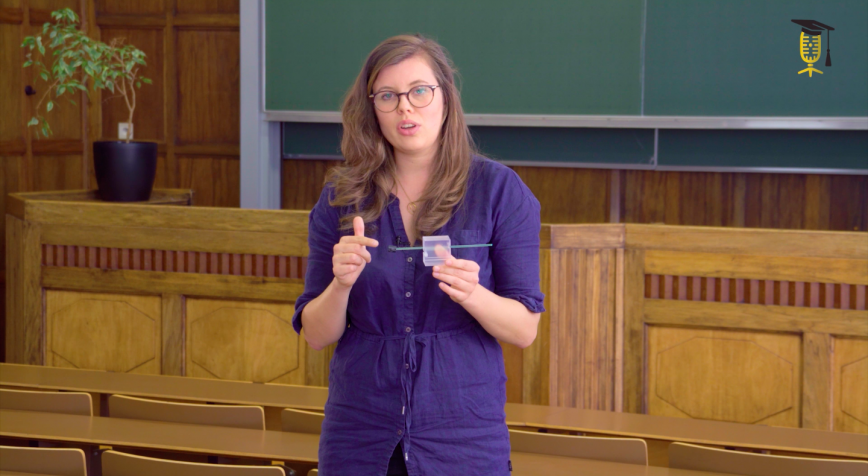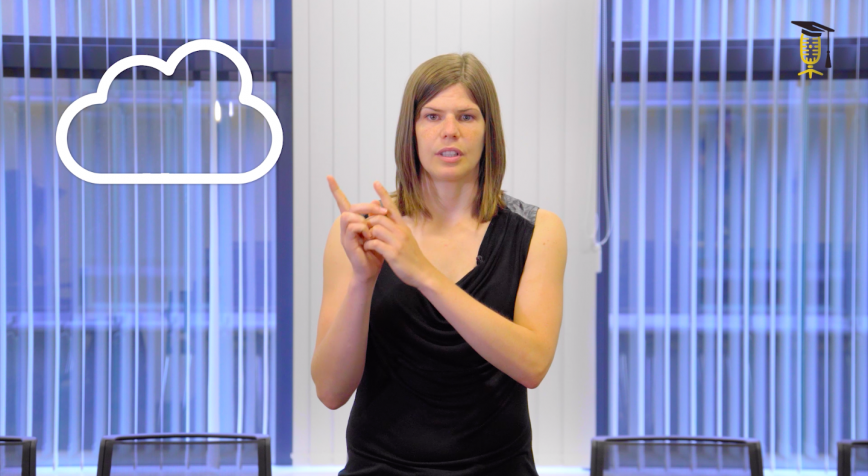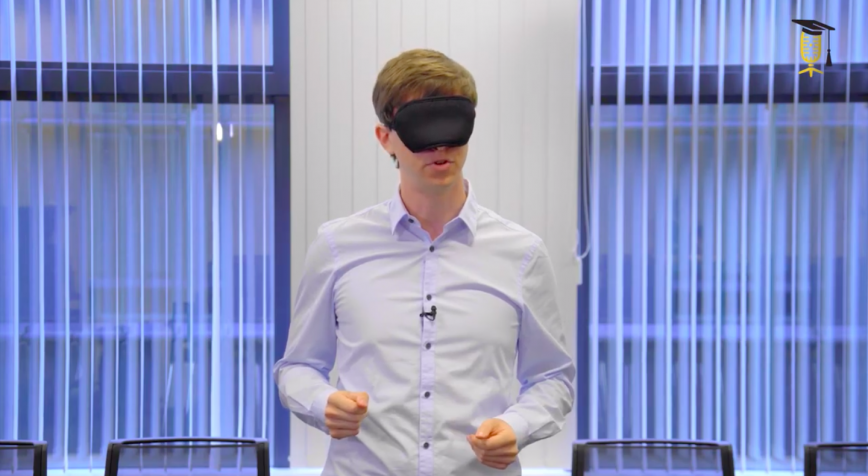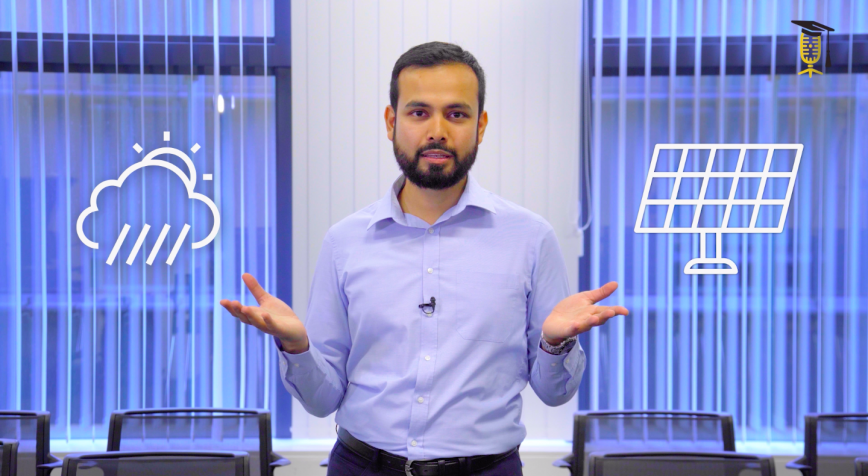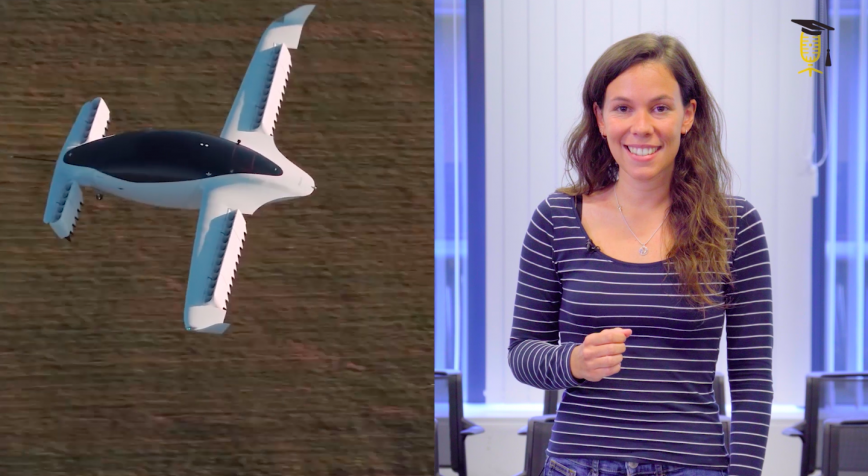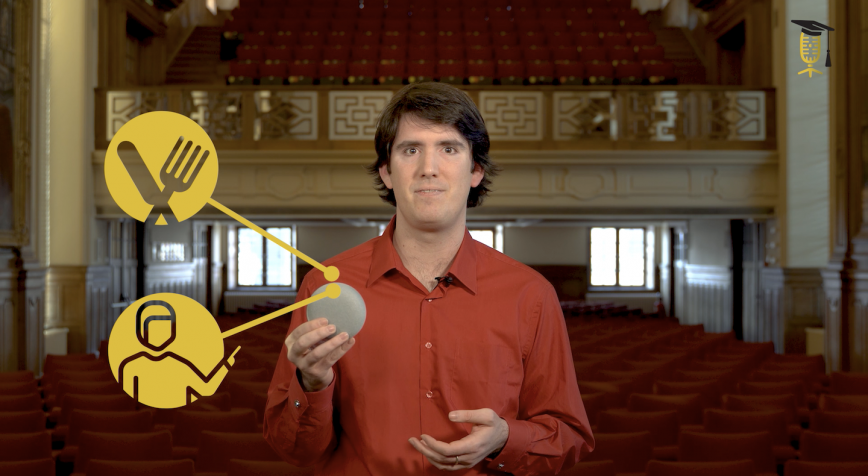
KU Leuven
How to make smart devices smart enough to respect our privacy?
A smart speaker can make our lives easier by acting as our home assistant and helping us manage our daily tasks. But what about our privacy? Can we trust these devices with our family arguments over money spending? By designing technologies and workflows, engineer Rafa Gálvez wants to help companies develop smart devices that respect our privacy.


